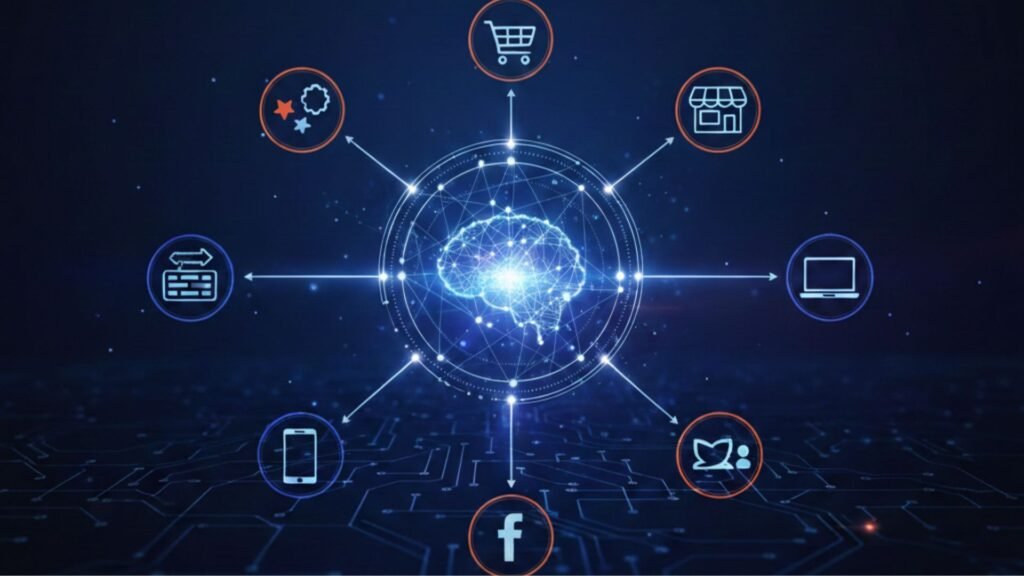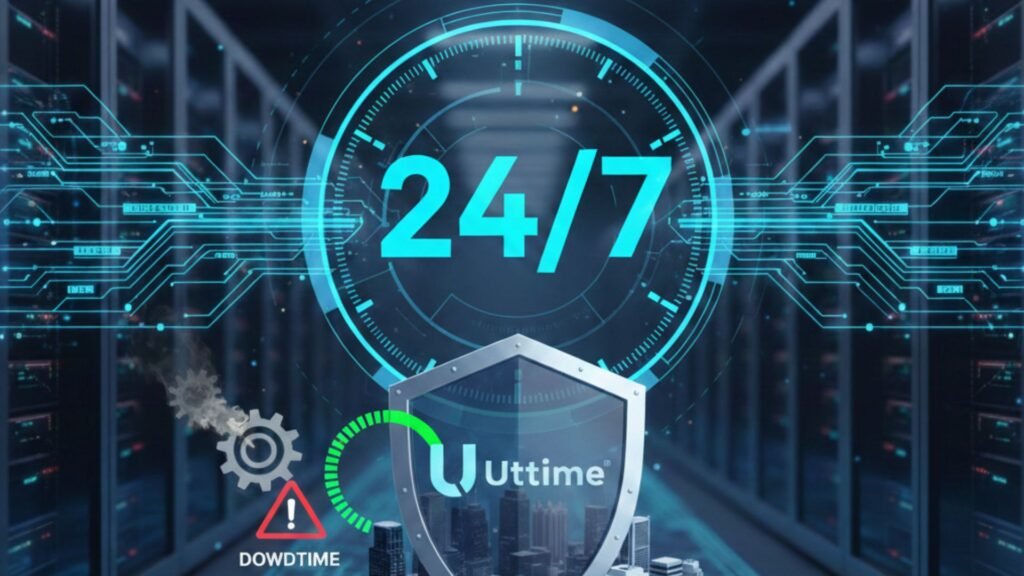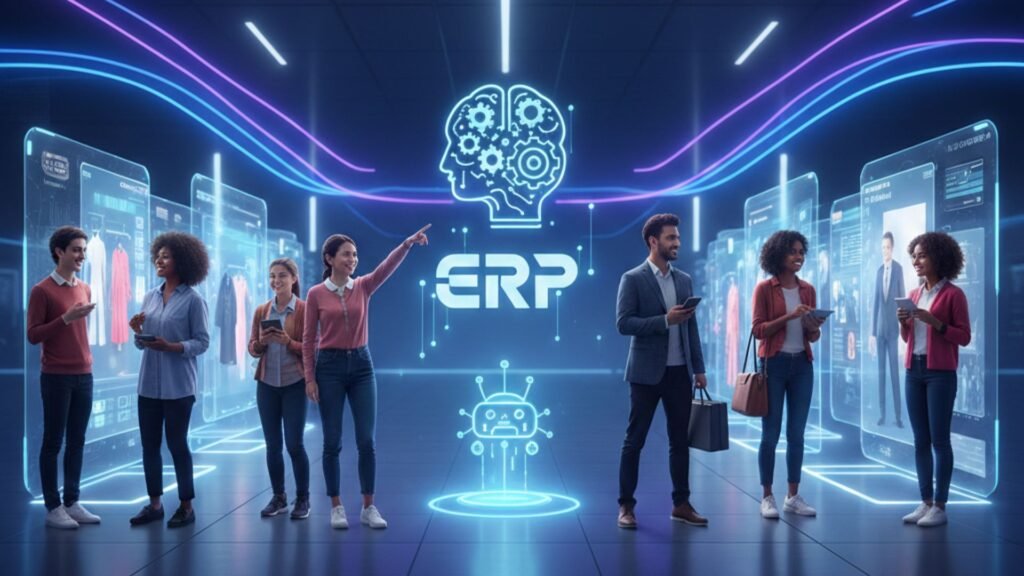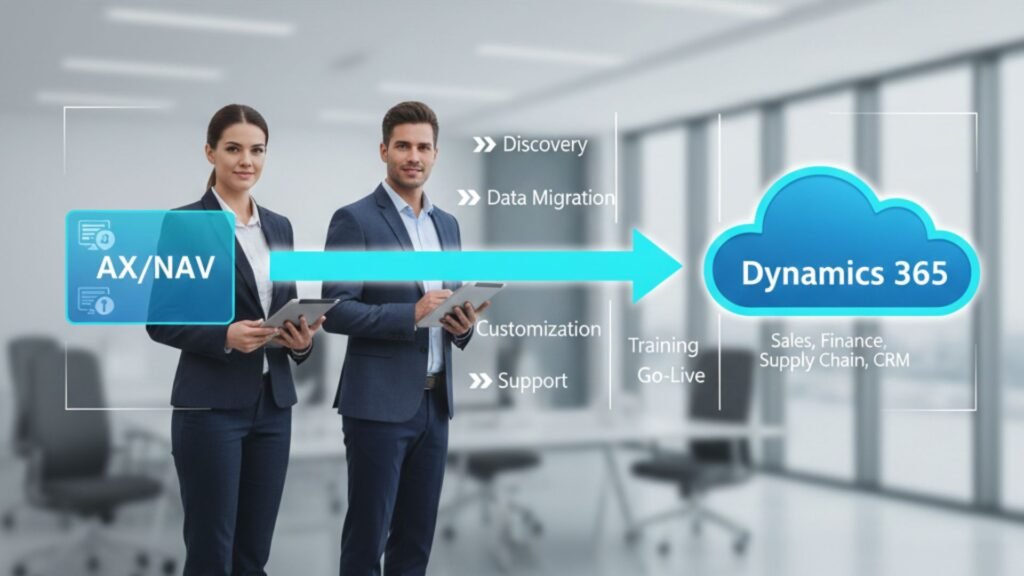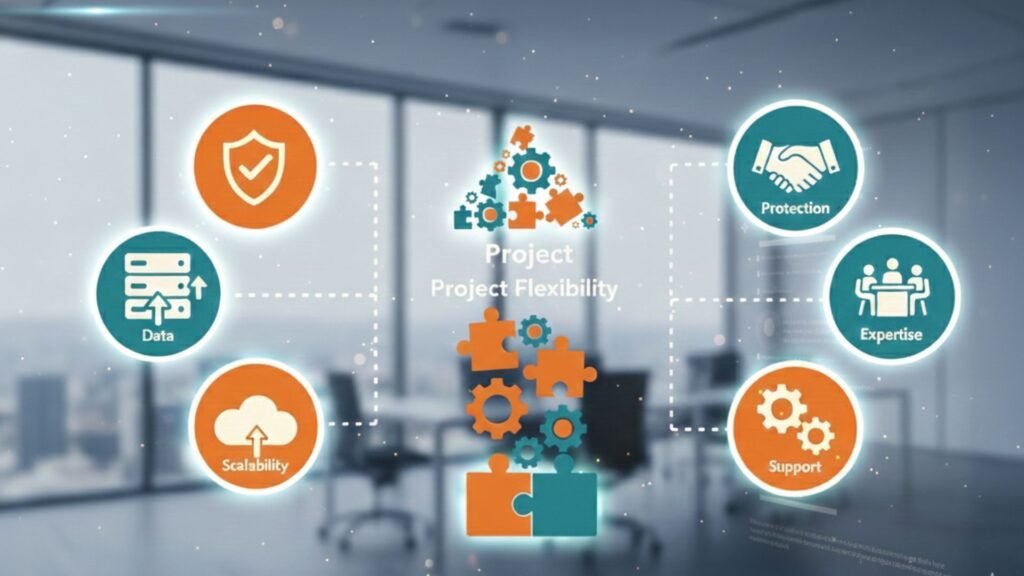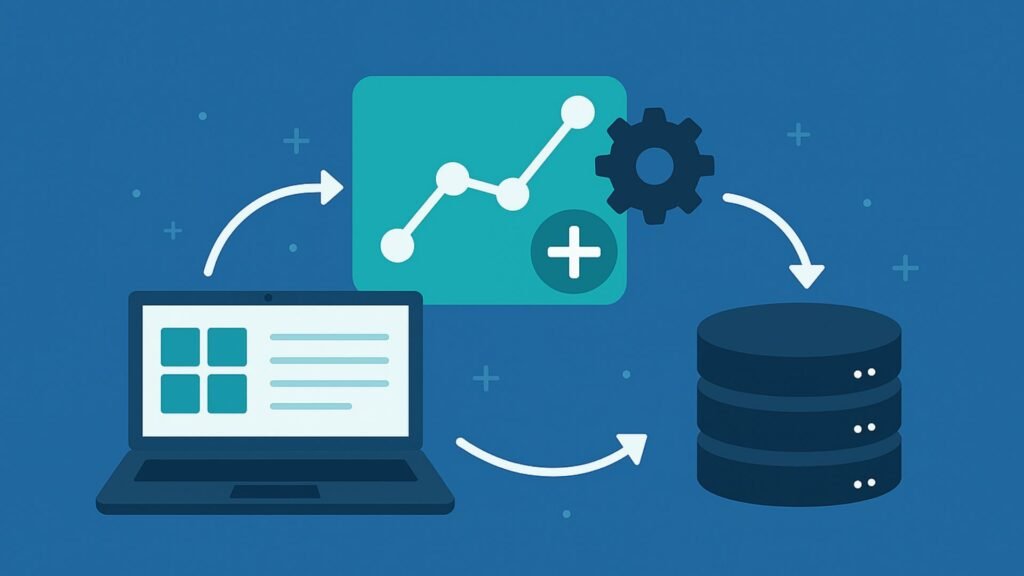Why Unified Retail ERP Is the Key to Omnichannel Success
In today’s retail landscape, customers don’t think in channels. They browse online, compare prices on mobile, visit physical stores, and expect home delivery or curbside pickup—without friction. Retailers, however, often struggle because their systems don’t talk to each other. Separate POS, inventory, finance, eCommerce, and CRM platforms create data silos, delays, and costly mistakes. This is where a unified retail ERP becomes a game-changer. A modern solution like Microsoft Dynamics 365 Business Central brings all retail operations into one connected platform. From inventory and supply chain to finance and customer engagement, everything works in sync. For retailers looking to scale in competitive markets like Texas, partnering with a trusted Microsoft Dynamics 365 expert can make all the difference. Let’s explore why unified retail ERP is the backbone of omnichannel success—and how the right strategy, implementation, and support can transform your retail business. Understanding Omnichannel Retail in 2026 Omnichannel retail means delivering a seamless customer experience across all touchpoints—online stores, marketplaces, social commerce, brick-and-mortar outlets, and mobile apps. Customers expect: Without a unified ERP, managing these expectations becomes chaotic. Disconnected systems lead to stockouts, overselling, delayed reporting, and frustrated customers. The Core Problem: Fragmented Retail Systems Many retailers still operate on: This fragmentation causes: Retailers often try to “patch” systems together, but integrations without a centralized ERP create complexity rather than clarity. What Is a Unified Retail ERP? A unified retail ERP integrates: All departments operate on a single source of truth. Data updates in real time, ensuring that online orders immediately reflect inventory levels in stores and warehouses. This is especially powerful with Microsoft Dynamics 365 Business Central in Texas USA, where retailers are scaling rapidly and require enterprise-level performance with mid-market flexibility. Why Unified ERP Drives Omnichannel Success 1. Real-Time Inventory Visibility Customers hate seeing “In Stock” online only to find it unavailable at checkout. Unified ERP ensures accurate stock updates across: Retailers can enable buy-online-pickup-in-store (BOPIS) without risk of stock errors. 2. Centralized Financial Control Retail margins are thin. Without real-time financial tracking, profitability suffers. A unified ERP gives: Retailers working with a Microsoft Dynamics 365 partner in Texas USA gain localized expertise, ensuring compliance with state and federal regulations. 3. Faster Order Processing Orders from eCommerce, POS, and marketplaces flow into one system. Automated workflows reduce manual intervention and errors. This improves: 4. Smarter Demand Forecasting Data-driven forecasting helps retailers: Advanced analytics inside Dynamics 365 enable retailers to make proactive decisions instead of reactive ones. The Texas Retail Opportunity Texas is one of the fastest-growing retail markets in the United States. With expanding eCommerce penetration and strong brick-and-mortar presence, businesses must adopt scalable technology. Retailers searching for: are actively investing in digital transformation to stay competitive. Implementation: Turning Strategy into Execution Technology alone does not guarantee success. Proper implementation is critical. Step 1: Business Process Assessment A certified Microsoft Dynamics 365 partner in Texas USA evaluates: Step 2: System Design & Customization ERP is configured to match retail operations: Step 3: Data Migration Legacy data from outdated systems is securely transferred. This is where D365 migration services in Texas USA play a vital role in preventing data loss and downtime. Step 4: Training & Go-Live Teams receive hands-on training to ensure smooth adoption. A phased rollout reduces risk. The Importance of Ongoing Support Even the best ERP requires continuous optimization. Retailers benefit from: Support ensures that your ERP evolves with your business rather than becoming outdated. Migration from Legacy Systems Many retailers still operate on: Migrating to Dynamics 365 Business Central provides: Professional D365 migration services in Texas USA ensure minimal disruption during transition. Unified ERP and Customer Experience Omnichannel success is ultimately about customer experience. With unified ERP, retailers can: Customers receive consistent service whether shopping online or in-store. Data-Driven Retail Growth Modern ERP integrates analytics tools that provide: Retailers no longer rely on guesswork. Decisions are backed by real-time data. Scalability for Multi-Location Retailers As retailers expand across Texas and beyond, they require: Unified ERP ensures growth without operational chaos. Security and Compliance Retailers handle sensitive data: Cloud-based Dynamics 365 offers: Working with experienced Microsoft Dynamics consulting services in Texas USA ensures security best practices are implemented correctly. Cost Savings Through Automation Manual processes cost time and money. ERP automation reduces: Automation improves operational efficiency and increases profitability. Retail Use Case Example Imagine a retailer with: Before ERP: After implementing Microsoft Dynamics 365 Business Central: That’s the power of unified ERP. Why Choosing the Right Partner Matters Technology success depends on expertise. A certified Microsoft Dynamics 365 partner in Texas USA provides: The right partner ensures your ERP investment delivers measurable ROI. Future of Omnichannel Retail Retail in 2026 and beyond will be driven by: Unified ERP acts as the foundation for all future innovation. Without it, retailers remain stuck in fragmented operations. Final Thoughts Omnichannel success is not about being present on multiple platforms—it’s about delivering a unified experience across all of them. A unified retail ERP like Microsoft Dynamics 365 Business Central connects finance, operations, inventory, and customer data into one intelligent system. Retailers in Texas looking for: should prioritize working with an experienced Microsoft Dynamics 365 partner in Texas USA to ensure seamless deployment and long-term success.
Why Unified Retail ERP Is the Key to Omnichannel Success Read More »

